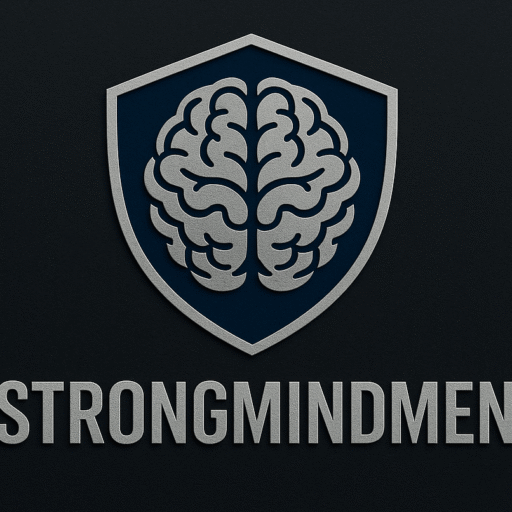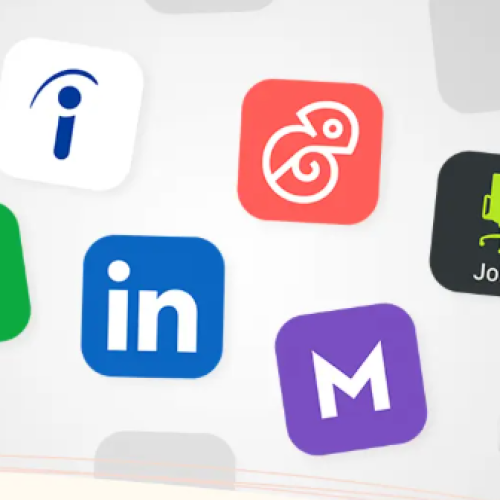Table of Contents
ToggleThe Bootcamp That Gets You a $80K Job in 12 Weeks
Imagine this — in just three months, you go from feeling stuck in a job you hate (or having no job at all) to landing a high-paying role making $80,000 a year or more. Sounds like a scam, right? Well, not necessarily. For thousands of people, this dream has become reality through career-focused bootcamps that are designed to get you job-ready fast.
Today, we’re going to break down exactly what these bootcamps are, how they work, and why so many people are jumping on board to change their lives in weeks rather than years.
What is a Career Bootcamp?
A bootcamp, in this context, is an intensive training program designed to teach you a specific set of skills in a short period of time. Instead of taking years at a university or juggling part-time evening classes, you dedicate 8–12 weeks to immersive, hands-on learning.
The most popular ones are in tech fields like:
-
Software Development (Coding)
-
Data Science
-
UX/UI Design
-
Cybersecurity
-
Digital Marketing
But there are also bootcamps for sales, project management, and even healthcare tech.
The main idea? No fluff. No unnecessary courses. Only the skills employers actually want, taught in the most efficient way possible.
Why People Are Choosing Bootcamps Over College
Let’s be real — traditional education is expensive and slow. You can spend four years in college, rack up tens of thousands in student debt, and still not land a high-paying job right away.
Bootcamps, on the other hand:
✅ Take 2–3 months instead of years
✅ Focus on job-ready skills, not theory you’ll forget
✅ Cost a fraction of a college degree
✅ Often include job placement support
Some bootcamps even don’t make you pay tuition until you land a job. That means they literally bet on your success.
The $80K Promise — Is it Real?
Yes — but here’s the truth: not every bootcamp graduate walks into an $80K job. It depends on the industry, your location, and how well you apply yourself during and after the program.
That said, many bootcamp graduates do land salaries in the $70K–$90K range right out of the gate, especially in high-demand fields like software engineering or data analytics. And because tech roles often offer remote work, you don’t always have to move to Silicon Valley to get these opportunities.
A Week-by-Week Journey
Here’s what a 12-week bootcamp might look like:
Weeks 1–2: The Foundations
-
Learning the basics of the skill (coding syntax, marketing principles, cybersecurity fundamentals, etc.)
-
Getting your tools set up
-
Working on small projects to build confidence
Weeks 3–6: Deep Dive
-
Tackling more advanced concepts
-
Hands-on projects that mimic real-world work
-
Pair programming or group assignments
Weeks 7–10: Real-World Simulation
-
Working on a capstone project
-
Using industry tools and workflows
-
Practicing job interview skills
Weeks 11–12: Launch
-
Perfecting your portfolio/resume
-
Connecting with hiring partners
-
Applying to real jobs and doing mock interviews
The Secret Sauce — Career Support
One of the biggest reasons people succeed after bootcamps is the career support they receive. Many programs have:
-
Dedicated career coaches who help with resumes, LinkedIn, and job search strategies
-
Mock interviews with real recruiters
-
Introductions to partner companies looking to hire graduates
-
Alumni networks for referrals and mentoring
This kind of help can make the difference between struggling for months and landing a role within weeks of graduating.
A Real-Life Example
Meet James, a 29-year-old from Texas. He was working in retail, making about $14/hour, and felt stuck. He’d always been curious about coding but didn’t know where to start.
He joined a full-time, 12-week coding bootcamp. It wasn’t easy — he was coding 8–10 hours a day, six days a week. But by the end, he had built several portfolio projects, learned how to ace technical interviews, and connected with recruiters.
Within five weeks of graduating, James landed a remote software engineering job paying $82,000/year. Today, he’s working on building apps for a startup and says it’s the “best decision” he’s ever made.
But… Bootcamps Aren’t for Everyone
Here’s the honest truth: bootcamps are fast-paced and intense. If you’re not willing to put in the work, you might struggle. They require:
-
Daily commitment
-
Willingness to learn quickly
-
Comfort with making mistakes and fixing them fast
If you prefer a slower learning pace or have no time to dedicate daily, a bootcamp might not be your best choice.
Tips to Maximize Your Bootcamp Success
-
Choose the Right Bootcamp
-
Look for one with strong job placement rates
-
Check alumni reviews
-
Make sure it teaches the skills employers are hiring for right now
-
-
Treat it Like a Job
-
Show up on time, stay focused, and do the homework
-
The more effort you put in, the faster you’ll see results
-
-
Network Early
-
Connect with instructors, classmates, and alumni
-
Join online industry communities
-
-
Work on Side Projects
-
Build things outside of class to show initiative
-
It makes your portfolio stand out
-
-
Practice Interviews
-
Technical skills get you noticed, but interview skills get you hired
-
The Big Question — Is It Worth It?
For many people, absolutely. If you choose a reputable bootcamp, dedicate yourself for 12 weeks, and use the career support they offer, you could be looking at a major income boost in a matter of months.
Think about it: even if a bootcamp costs $12,000 (some are less), landing an $80K job means you make that investment back in just a couple of months of work.
Final Thoughts
The traditional career path isn’t the only option anymore. Bootcamps have made it possible to skip years of school and still land high-paying, in-demand jobs. The $80K-in-12-weeks claim isn’t magic — it’s the result of focused training, networking, and applying yourself 100%.
So if you’ve been feeling stuck, underpaid, or ready for a change, maybe it’s time to consider whether a bootcamp could be your fast track to a new career.
Twelve weeks from now, you could be in a completely different place — financially and professionally. The question is: are you ready to make the leap?







